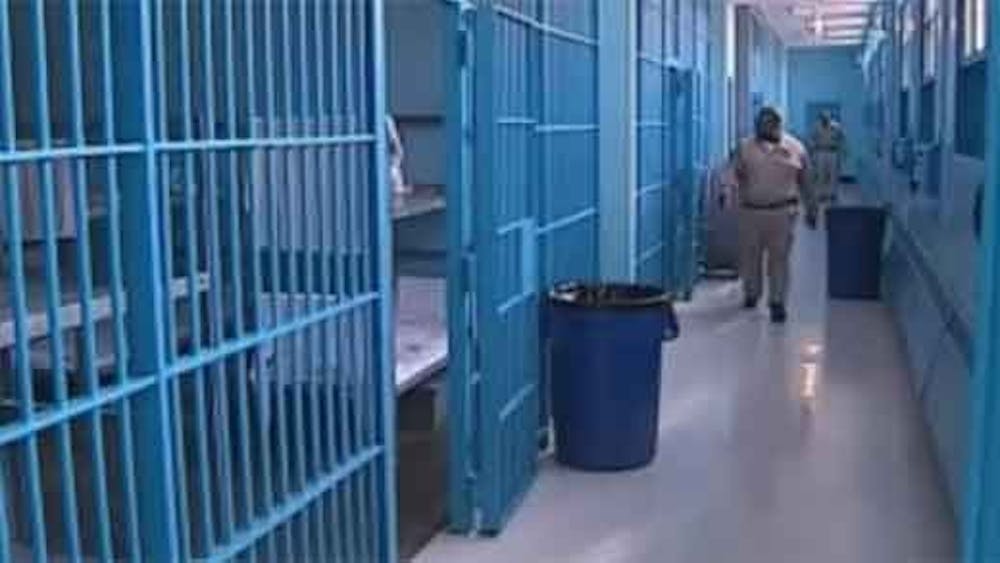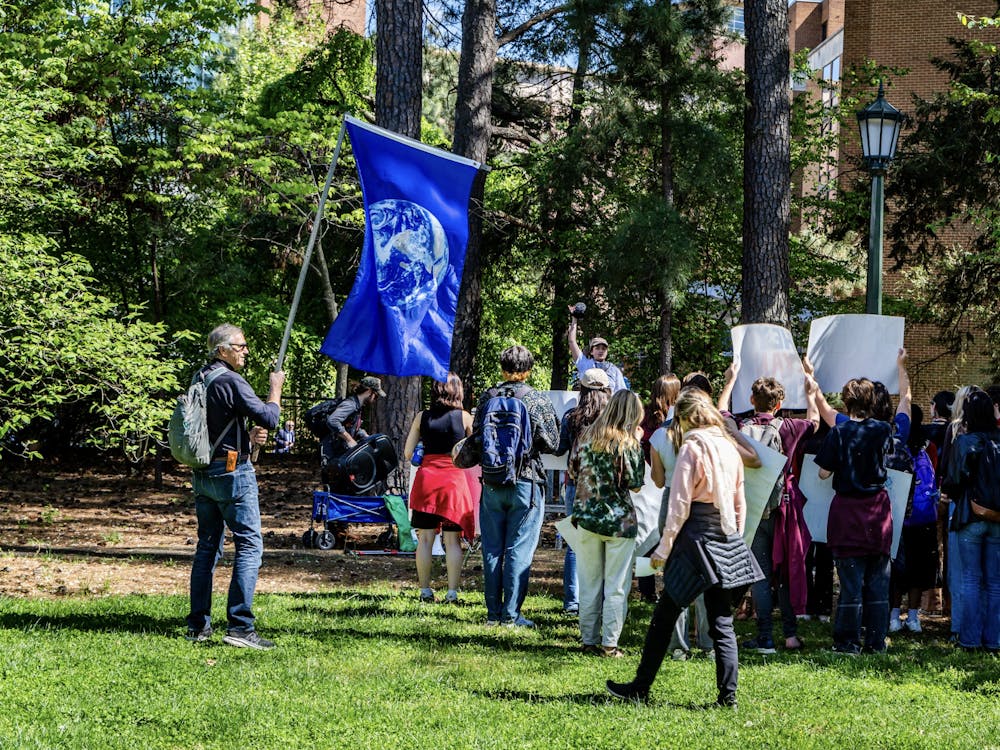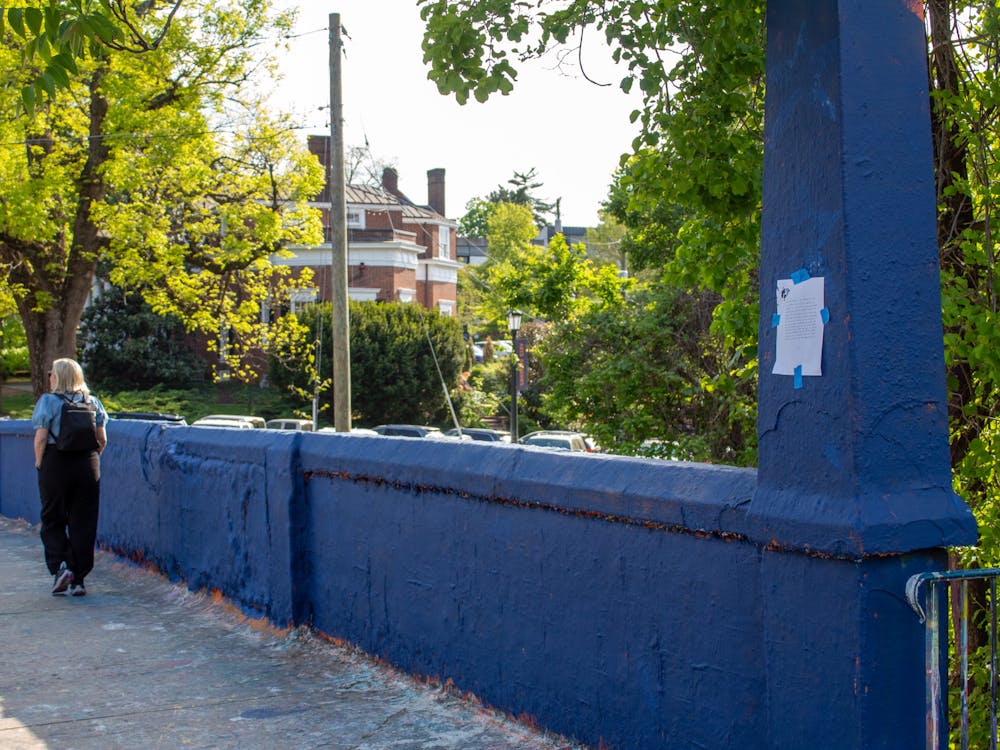With recent litigation, motions for contempt and public mud-slinging all consuming the recent executive order enacted by Virginia Gov. Terry McAuliffe, the felons directly affected by this may eventually receive the restoration some of them desire.
McAuliffe first acknowledged his intentions to restore the voting rights of over 200,000 felons in April, arguing the mass restoration would reward those who had served their sentences and had successfully reintegrated into society.
“Throughout my administration my team and I have operated on a simple principle: Virginians who have served their time and reentered society should do so as full citizens of our Commonwealth and country,” McAuliffe said in an April press release. “Too often in both our distant and recent history, politicians have used their authority to restrict people's’ ability to participate in our democracy.”
The Virginia Supreme Court found this mass expansion of restoring felons voting rights as an unprecedented use of executive power and found the mass restoration unconstitutional in a July 4-to-3 ruling.
“Never before have any of the prior 71 Virginia governors issued a sua sponte clemency order of any kind, whether to restore civil rights or grant a pardon, to an entire class of unnamed felons without regard for the nature of the crimes or any other individual circumstances relevant to the request,” Virginia Supreme Court Chief Justice Donald W. Lemons said in the court’s opinion. “What is more, we are aware of no point in the history of the Commonwealth that any Governor has even asserted the power to issue such an order.”
McAuliffe’s order has faced nothing but backlash from Republicans in the Virginia General Assembly, as they publically came out against the measure for its overuse of executive power by filing a lawsuit against the governor and a motion of contempt for violating the Virginia Supreme Court’s opinion.
However, McAuliffe had already signed off on restoring rights to roughly 20,000 felons before the Republicans had filed the motion of contempt and released their opinion.
Harold W. Clarke, director of the Virginia Department of Corrections, said felons who have served their full sentences and have finished their supervised release by a parole officer will be the ones to receive the full benefits of restored voting rights.
“To receive their rights, they must complete their sentence ordered by the court and complete their supervision by an officer in the community as well as not commit any crimes during that time,” Clarke said. “They then apply to restore their rights and it will be reviewed to be submitted to the governor and he will decided if it should be granted or not.”
Not allowing former felons to have their rights restored can have negative psychological effects, Clarke said.
“Well, you know I think that for an individual to receive their part of society they need to be restored to full citizenship, otherwise they are always viewed as an outcast or an outsider,” he said. “They look bad to employers.”
Republican Senate Majority Leader Tommy Norment countered with the proposal of a constitutional amendment which would restore the rights of certain classes of felons, such as nonviolent offenders.
"McAuliffe's disregard for the Constitution of Virginia and the rule of law must not go unchecked,” Norment said in a May press release regarding McAuliffe’s original executive order. "His predecessors and previous attorneys general examined this issue and consistently concluded Virginia's governor does not have the power to issue blanket restorations.”
Virginia holds the second best recidivism rate in the country, which means the state has a 23 percent chance of a released felon being put back into the correctional system.
“The U.S. has an average of just above 40 percent while some of the worst states have upwards of 60 percent,” Clarke said.
This is part of the reason why McAuliffe is demanding the Virginia Supreme Court reject Republican lawmaker’s efforts to chip away at the voting rights of felons who have served their time.
“If we are going to build a stronger and more equal Virginia, we must break down barriers to participation in civic life for people who return to society seeking a second chance,” McAuliffe said in his statement in April. “We must welcome them back and offer the opportunity to build a better life by taking an active role in our democracy.”





